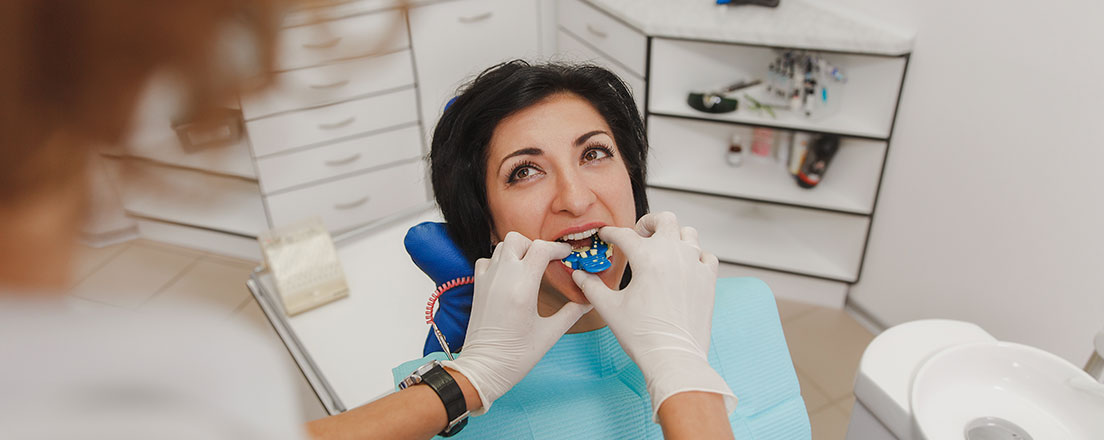-
 Westmont (630) 541-8374
Westmont (630) 541-8374 -

519 N Cass Ave, Suite 102, Westmont, IL 60559
-
 Villa Park (630) 541-8374
Villa Park (630) 541-8374 -

101 E. St. Charles Rd,Suite 101, Villa Park, IL 60181
519 N Cass Ave, Suite 102, Westmont, IL 60559
101 E. St. Charles Rd,Suite 101, Villa Park, IL 60181
There are a variety of reasons why a patient may have missing teeth, but our prosthodontic specialists are here to help. Fixed bridges can be an excellent treatment option to restore a smile and bite to its original form and function.
Our prosthodontists use dental bridges for several reasons, including:
Dental bridges are a durable and secure way to replace missing teeth, and restore facial shape, chewing and speaking ability.

The procedure to receive a dental bridge from one of our experienced prosthodontists is typically broken into two appointments. At the first we prepare the area and take the impressions needed to create your custom bridge. We begin by numbing the area and then work to prepare the anchoring teeth for the crowns needed to secure the bridge. We remove any decay or old fillings, as well. An impression is then taken and sent to the dental lab so your custom bridgework can be created. A temporary bridge is placed until your permanent one is ready.
At the second appointment, we remove the temporary bridge and prepare for the permanent bridge placement. Adjustments are made until we achieve the desired fit, then we carefully cement the bridge into place.
Fixed bridges are permanent restorations that are cemented into place to function as a replacement for missing teeth. It is fit into place using abutment teeth that are adjacent to the area of the missing teeth. These teeth are fit for crowns, which are connected to the replacement tooth. A fixed bridge is cemented into place, making an excellent restoration for missing teeth. The bridge can be made of porcelain to resemble your natural teeth.
Bridges are a relatively quick and affordable way to restore a missing tooth or teeth, but there are many benefits to a bridge:
The best way to determine if a fixed bridge is an ideal solution for you is by scheduling an appointment with one of our highly trained prosthodontists. But, a bridge may be ideal for you if:
After any restoration, it is important to be diligent in your oral care. Brush at least twice a day, paying close attention to the gumline of the bridge. Floss carefully, being sure you floss the area underneath the replacement tooth. This will keep harmful bacteria away. Avoid foods or habits that could damage the bridgework. It is also important to maintain your regular checkups with our dentists so we can be sure your smile is healthy and your bridge is still in good condition.